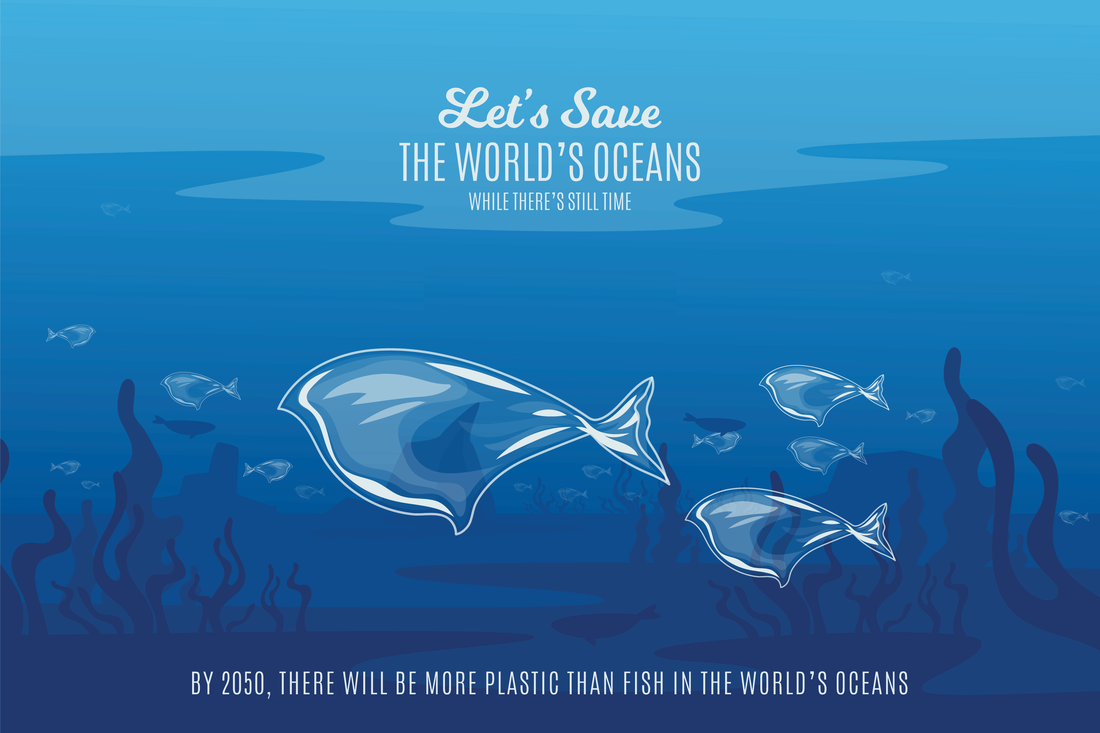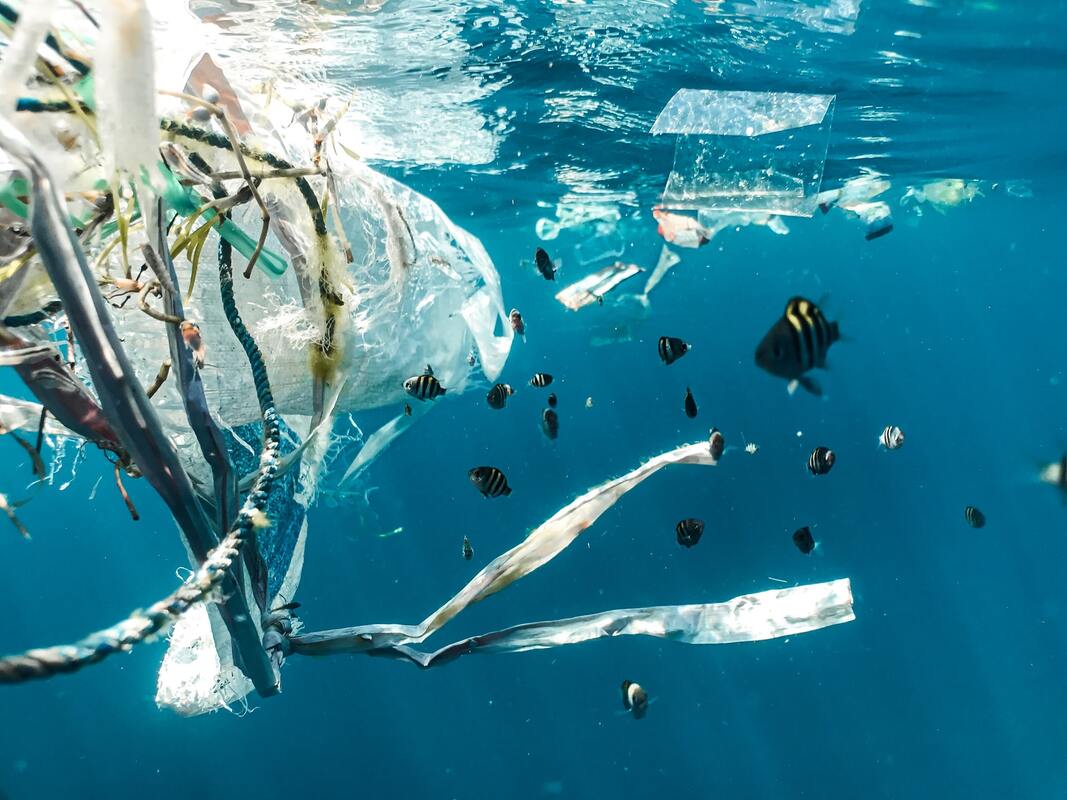Ocean: THE Life Source
The ocean covers more than 70% of our Earth. It is our source of life, and it sustains the nourishment of humanity and that of all other organisms on earth. The ocean produces at least 50% of the planet's oxygen, is home to most of terrestrial biodiversity, and is the primary source of protein for more than a billion people around the world. Not to mention the fact that the ocean is essential to our economy with some 40 million people employed in ocean industries by 2030.
Despite all of its advantages, the ocean now needs support. With 90% of large fish populations depleted and 50% of coral reefs destroyed, we are taking more of the ocean than it can be replenished. To protect and preserve the ocean and all that it supports, we must create a new equilibrium, rooted in a true understanding of the ocean and how humanity relates to it. We need to make a connection with the ocean that is inclusive, innovative and informed by the lessons of the past
Despite all of its advantages, the ocean now needs support. With 90% of large fish populations depleted and 50% of coral reefs destroyed, we are taking more of the ocean than it can be replenished. To protect and preserve the ocean and all that it supports, we must create a new equilibrium, rooted in a true understanding of the ocean and how humanity relates to it. We need to make a connection with the ocean that is inclusive, innovative and informed by the lessons of the past
1.15+
|
Human Impacts
Human activities affect almost all part of the ocean. Lost and discarded fishing nets continue to be fatal to fish, seabirds and marine mammals if they drift away. Ships spill oil and garbage; they also transport creatures into alien habitats that are unprepared for their arrival, turning them into invasive species. Mangrove forests are being cut down for households and industry. Our garbage, especially plastic, drowns the oceans and creates large "garbage patches" like the Great Pacific Garbage Patch.
Climate Change, the term used by scientists today to describe global warming and other trends currently affecting the planet due to high human greenhouse gas emissions is strikingly reflected in the oceans. 2018 was the hottest year on record for the Oceans, with warmer water having a variety of consequences, from color changes and rising sea levels to more frequent strong storms. Carbon dioxide also acidifies seawater, and the inflow of freshwater from melting glaciers threatens to change the currents that drive the climate. |


